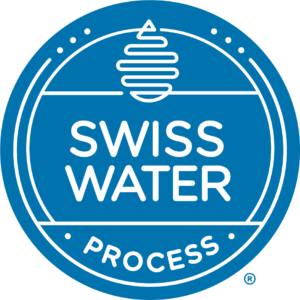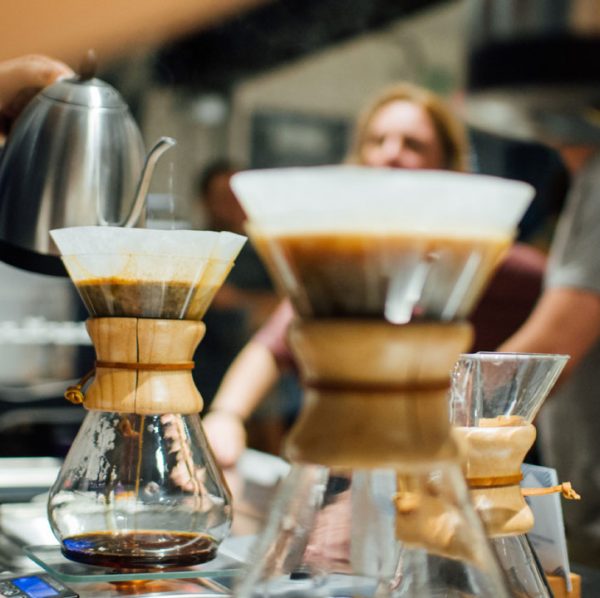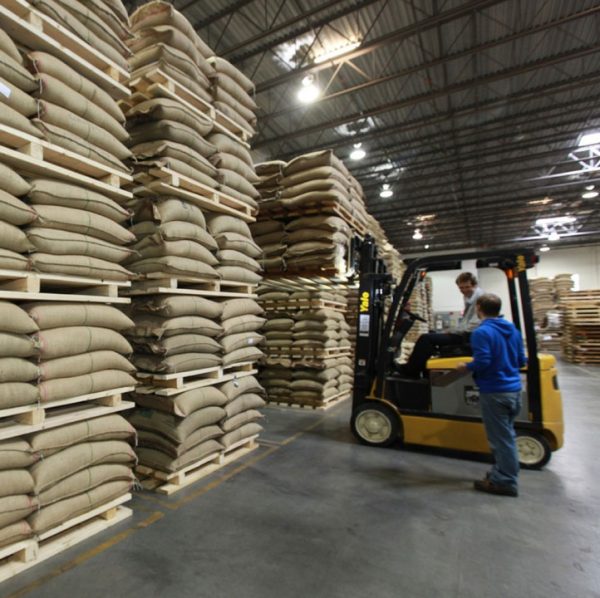
Seaforth
Seaforth Supply Chain Solutions Inc., a subsidiary of Swiss Water, is a third party green coffee handling and storage operation providing integrated and efficient coffee handling services to Swiss Water and other coffee importers and coffee roasting companies who receive or store green coffee in the Metro Vancouver area. Swiss Water is Seaforth’s largest customer.
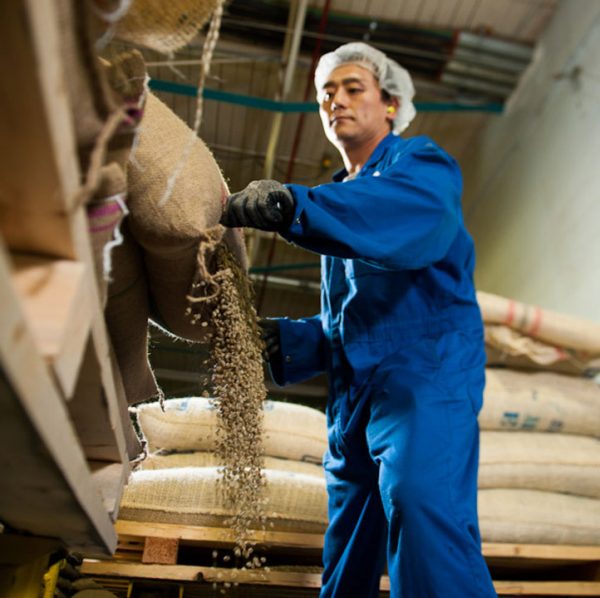
Swiss Water® Process
Swiss Water® Process uses a unique, proprietary, multi‑stage, chemical free process that removes the caffeine from green coffee beans while maintaining the flavour of green coffee beans. The process has been developed through years of refinement and capital investment, and requires substantial technological and operational expertise.
First, green coffee is polished to remove the silver skin and chaff. Next, it is immersed in a solution containing all the same water soluble compounds naturally found in green coffee. This water solution is our Green Coffee Extract (GCE). All of the water soluble compounds are held at equilibrium between the coffee and the GCE, meaning nothing leaves or enters the coffee or the solution. The only soluble missing in the GCE is caffeine. This imbalanced concentration of caffeine between the coffee and the water creates the environment for diffusion to happen. As the GCE flows over the coffee, caffeine migrates out via diffusion. This process allows the caffeine to be removed with minimal disruption of flavour chemistry and continues until the coffee is 99.9% caffeine free.
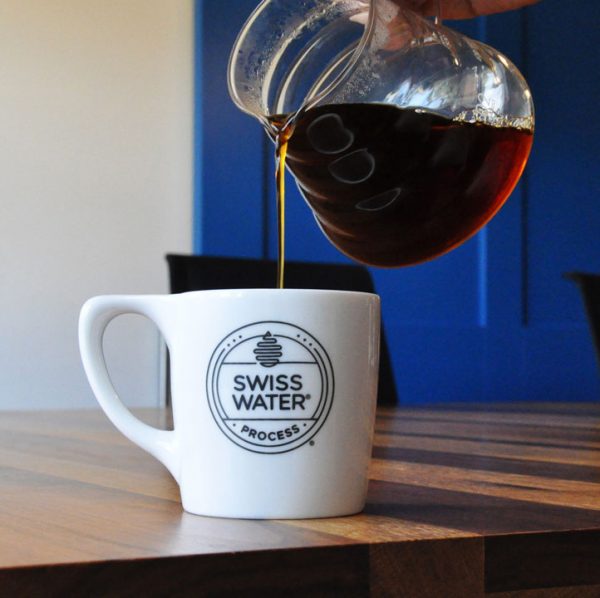
Coffee Industry Overview
The United States is among the largest coffee consuming markets in the world and a key geographic market for Swiss Water. According to the National Coffee Association’s 2017 US Coffee Drinking Trends Report, 64% of the population drinks coffee, making coffee the most consumed beverage, outpacing water, soft drinks, and tea.
Gourmet coffees are premium varieties of coffees, particularly Arabica. Gourmet coffee beverages include coffee brewed from high-quality coffee as well as coffee drinks such as espressos, cappuccinos and lattes. According to the National Coffee Association’s 2018 “National Coffee Drinking Trends” Report, while overall past-day consumption of coffee increased 2% from 2017 to 2018, gourmet coffee grew significantly, with 41% of the population drinking gourmet coffee in the past-day, up from 31% in the year 2016[1].
[1] The National Coffee Association “National Coffee Drinking Trends”, 2017.
Decaffeinated Coffee Market
The market for decaffeinated coffee is divided into decaffeinated with and without the use of chemical solvents. According to statistics prepared by management, more than 75% of worldwide decaffeination capacity uses chemical decaffeination methods, including methylene chloride processing and ethyl acetate processing. Direct chemical processing is the most prevalent method employed, whereby green coffee beans are soaked in these chemical solvents. Most jurisdictions regulate the amount of permissible residual traces of the chemical solvent in the decaffeinated green coffee bean. In Japan, both methylene chloride and ethyl acetate are prohibited for use in the decaffeination process. In Canada, roasters must specify on coffee packaging if methylene chloride is used in the decaffeination process. In 2017, a series of science journals published articles highlighting the risk of methylene chloride to the environment, specifically, its impact in slowing the regeneration of the ozone layer [1].
Swiss Water decaffeinates coffees without the use of chemicals. Management believes that the Swiss Water® Process is the world’s only third-party 100% chemical free water process for coffee decaffeination. Management anticipates that the market for chemical free decaffeination will continue to grow in the coming years, driven by the continued trend towards health consciousness, awareness of environmentally-friendly practices and sustainability. According to the National Coffee Association, 62% of coffee drinking consumers state: “it is important to limit my caffeine intake”. Consumer awareness of health-related issues is increasing the appreciation for food safety, food provenance and healthier or “better for you” food options. Demand for organic coffee continues to grow, and is the most broadly purchased certification: 39% of consumers say they buy organic coffee, and 49% of consumers say they’re more likely to buy coffee if it is grown in an environmentally sustainable way[2].
1 New Scientist, “Ozone layer recovery will be delayed by chemical leaks”, Fred Pearce, June 27, 2017.
2 The National Coffee Association “National Coffee Drinking Trends”, 2018.
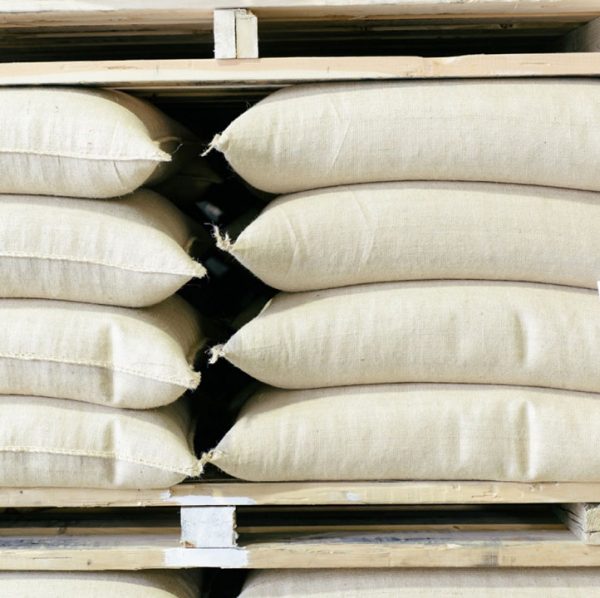
Business Strategy
Swiss Water seeks to maintain and enhance profitability and cash from operations by continuing to pursue the following business strategies:
- Offer Superior Quality, 100% Chemical Free Decaffeinated Coffees
- Continuously Improve the Production Process
- Create Consumer Demand by Developing Brand Awareness
- Leverage Higher Margin Selling Proposition to Retailers
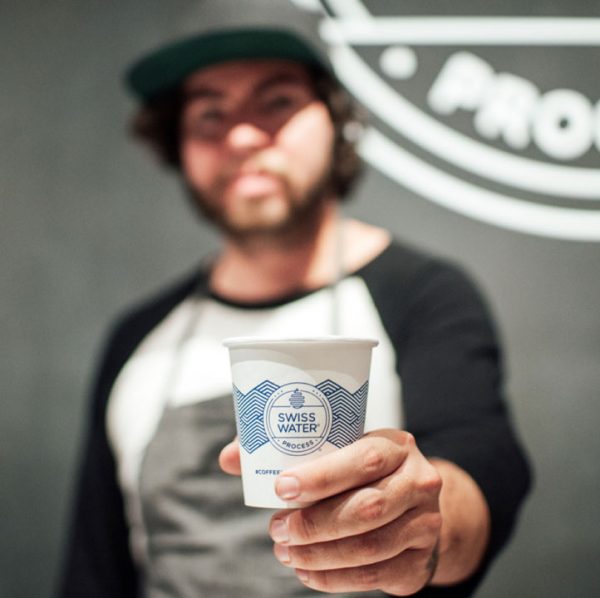
Marketing and Promotion
Swiss Water® differentiates itself from other decaffeinators by investing in the research of decaffeinated coffee consumers. This enables the creation of effective consumer advertising and promotion, and is the cornerstone of its focused marketing strategy and activities, and the consultative services it provides to its customers.
Swiss Water® targets key regional markets based on the concentration of coffee roasters and the level of specialty coffee market development in the identified regions. Investment in the development of the Swiss Water® Process brand will continue through targeted regional media, print, PR and co-marketing events with customers. These activities are intended to create consumer demand for Swiss Water®, which encourages retailers to carry Swiss Water® decaffeinated coffee.
